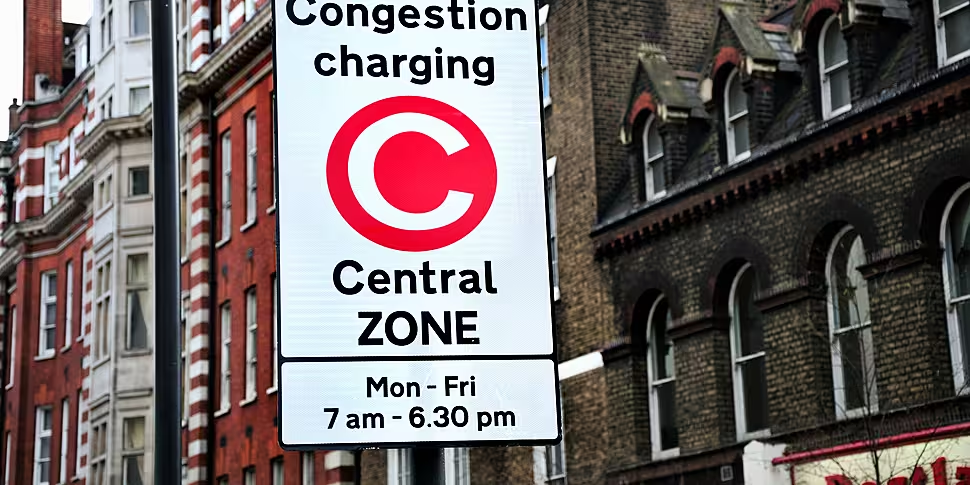A member of the Climate Change Advisory Council has said we need to stop incentivising people, and simply make it harder to use fossil fuels.
Cara Augustenborg was speaking as a new multi-agency report, coordinated by the World Meteorological Organisation (WMO), has warned there is a "huge gap" between aspirations and reality.
"Without much more ambitious action, the physical and socioeconomic impacts of climate change will be increasingly devastating" it has warned.
Dr Augustenborg is also Professor of Environmental Policy at UCD.
She told Newstalk Breakfast the Government has to provide the alternatives before they start banning others.
"We need to move beyond the idea of incentivising people, and actually make it harder to do the things that burn a lot of fossil fuels.
"That might mean congestion charges or phasing out fossil fuel boilers or banning the sale of petrol cars.
"We have to put the facilities in to provide the alternatives before we start banning things and making it restrictive".
She said the WMO report makes for grim reading.
"What I read is that 'if you thought the COVID crisis was bad, and if you think this current energy crisis is bad, you ain't seen nothing yet' when it comes to the scale of the climate impacts that are expected.
"The report talked about the fact that we've already seen a five-fold increase in the last 50 years in terms of weather-related disasters, which are killing an average of 115 people a day.
"This is poised to worsen.
"And it says that there is a 93% chance that between now and 2026 we will have the hottest year ever recorded.
"And a 50% chance of exceeding this 1.5° warming limit that we've been trying to stay below internationally, to essentially protect civilisation as we know it", she said.
All this week Newstalk will follow listeners on their commute and discuss the issues that they face on a daily basis with experts, policy makers as well as commuters themselves. Follow and post using #MyCommuteNT









